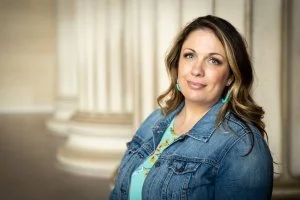It’s another day, with yet another Religion News Service story about Christian higher education that fails to add one or two sentences of crucial material about ongoing clashes between centuries of Christian doctrine and the Sexual Revolution.
The setting for this news story, once again, is Seattle Pacific University — a Free Methodist institution in the progressive Pacific Northwest. Click here for flashbacks to GetReligion posts about news coverage of what is clearly a bitterly divided campus.
Once again, RNS readers never learn whether students and faculty on this campus sign — at enrollment or employment — what is usually called a “doctrinal covenant” or “lifestyle agreement.” This is a document in which members of a voluntary community pledge to support, or at the very least not openly oppose, a private school’s beliefs on a variety of moral and theological issues.
Many faith-based schools (on the religious left or right) have these covenants, but many do not. Thus, it’s crucial for news readers to know if students and faculty involved in a doctrinal conflict have chosen to sign covenants and, of course, the details of what is contained in the documents. This brings us to this RNS update, with a double-decker headline:
SPU board members seek dismissal of lawsuit over LGBTQ exclusion
The lawsuit, board members say, is an effort to 'intimidate and punish leaders of a religious institution for the exercise of protected First Amendment rights.'
This is a short story, based on documents linked to the lawsuit. Here is the overture:
Members of Seattle Pacific University’s board of trustees are asking a Washington state court to dismiss a lawsuit brought against the body by a group of students and faculty at the school, arguing that the suit is an effort to “intimidate and punish leaders of a religious institution for the exercise of protected First Amendment rights.”










